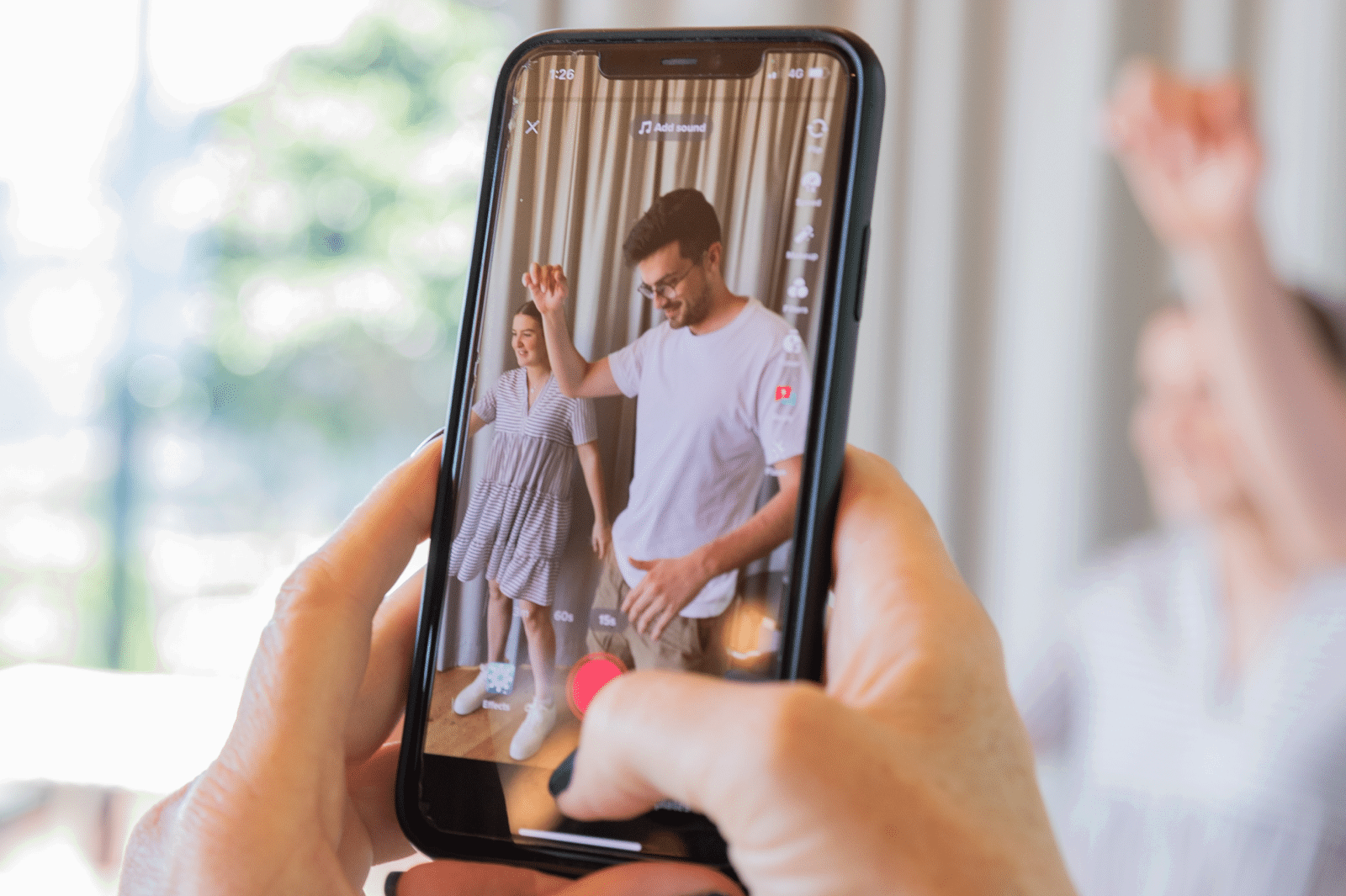Gen Z Slang Explained {By a Gen Zer}
I know that the slang of our generation can fly over a lot of parents’ heads, so I am here to make an attempt to clear some of that confusion up.
Before we get into that, there are a few of things you should know:
1. Using our slang is generally seen as embarrassing, and occasionally entertaining, for the teen. So, unless that is your goal, please do not try to relate to your child by using it.
2. Words and phrases will go out of style as time goes on. Especially with the addition of social media. So make sure to stay on top of the new slang.
3. Not everything we say has context, and if it did, it’s not commonly known. The core of our slang is inside jokes.
But don’t let that dissuade you, It’ll be fun. Think of it like learning a new language. There are some baseline hacks you should know to have a solid foundation of our slang. We love to shorten words. Like the word “fit” is just a shortened version of “outfit” or “sus” is a shorter version of “suspicious”. So some of those are pretty self explanatory. When someone says “W” or “L”, those are just shortened version of win or lose, but in a different context. But more on that later.
If we say a word twice in succession, it generally means that we’re emphasizing that word. Think of a child asking someone if their crush likes them back. They will ask, “Do they like me, or do they like like me?” This is them asking if their crush likes them as a friend or likes them more than a friend. So double words are to add emphasis. Probably one of the more malleable words (in my opinion at least) is “cap”. So cap essentially means a lie or to lie. Someone can say, “No cap” which means not to lie. For example, someone could say, “That’s crazy, no cap”. So they’re expressing that that is genuinely crazy. But it sort of behaves like a verb. Someone can be “cappin” or engaging in “massive cappery.” So it’s a pretty flexible word. If you want to call someone out on their lie, just say that they’re “cappin.” It’s that easy!
With the more confusing ones, you really just need context to understand what we’re even talking about. Like the word “rizz.” Rizz is a word for someone’s game or ability of getting people you find attractive interested in you. But rizz is such a vast word, being used like a verb. Another example is “Bussin.” This word means something is good, generally with foods. This word also abides by the doubling rule, allowing for, in some contexts, to be said as “bussin bussin.” At first glance, you have no idea what that could even mean. But with a little time and practice, it’ll turn into an immediate translation.
There are way too many phrases to get into in this short amount of time, so I will only go into a few. When someone says, “It’s the (blank) for me” and “Not the (blank)” can be used in the same context of singling out something you either like or don’t. For example, “It’s the fit for me” or “Not the L ratio rizz”. So, based on how you can use it, it can be negative or positive. Now here comes the mixing part and where we bring up W and L usage. We mix slang words together to make phrases that wouldn’t make sense without context. If someone says, “W rizz,” that means they are consistency successful with pulling other people. If they say, ” L ratio,” it means that you are among the lower ratio of people in the world.

The more you learn, the more you realize there is a system to our madness. But practice doesn’t hurt (unless it’s with your child). If you want field experience, go into a TikTok comment section and see for yourself. And if you don’t understand after that, just try and go by vibes. If it sounds negative, it probably is. Like I said earlier, just treat it like a different language that you are trying to conquer.






![True Life: I witnessed a crime [and didn’t even know it]](https://cdn-memphismomsnew.b-cdn.net/wp-content/uploads/2016/08/burglary-2022162_1280-768x611.png)


